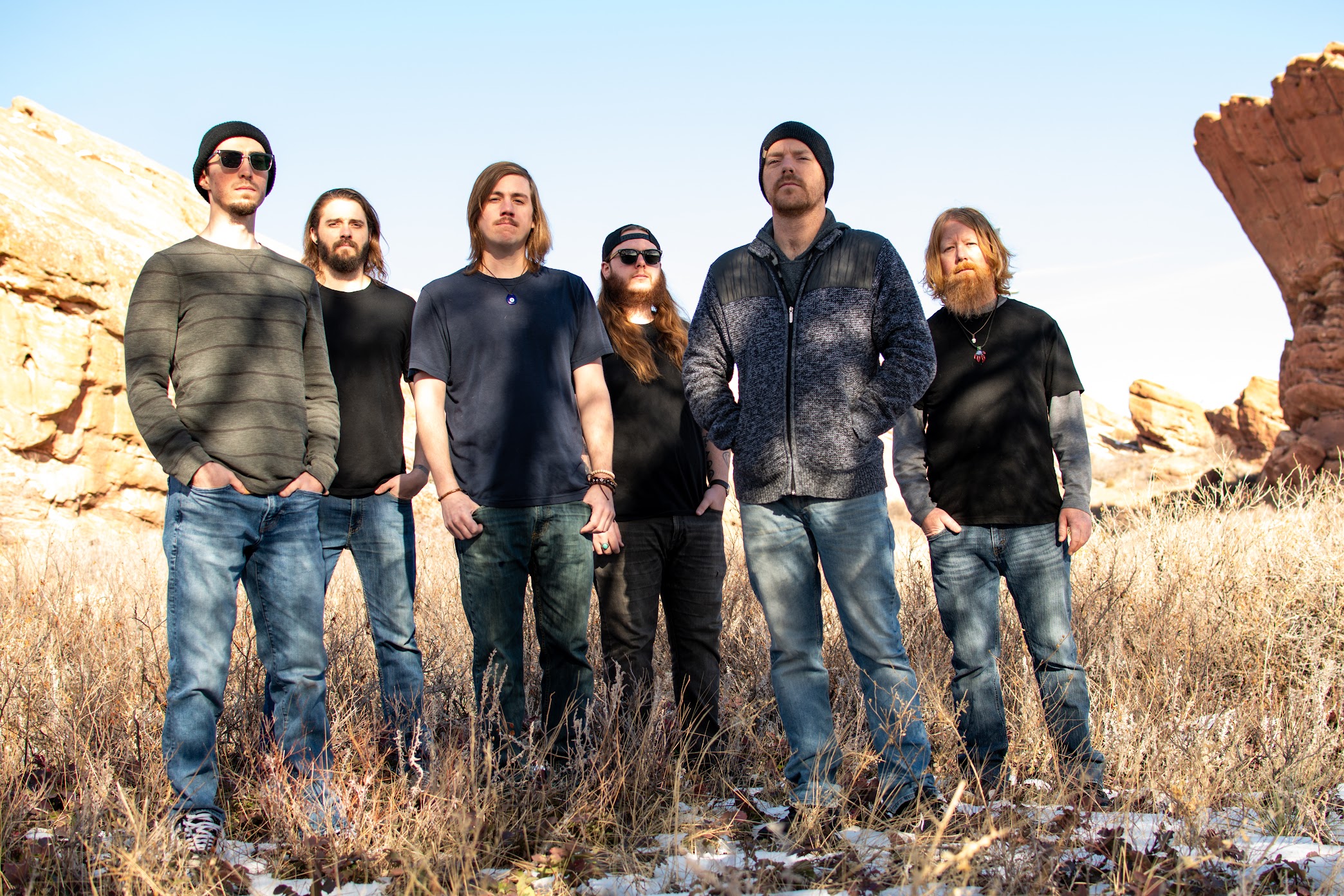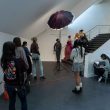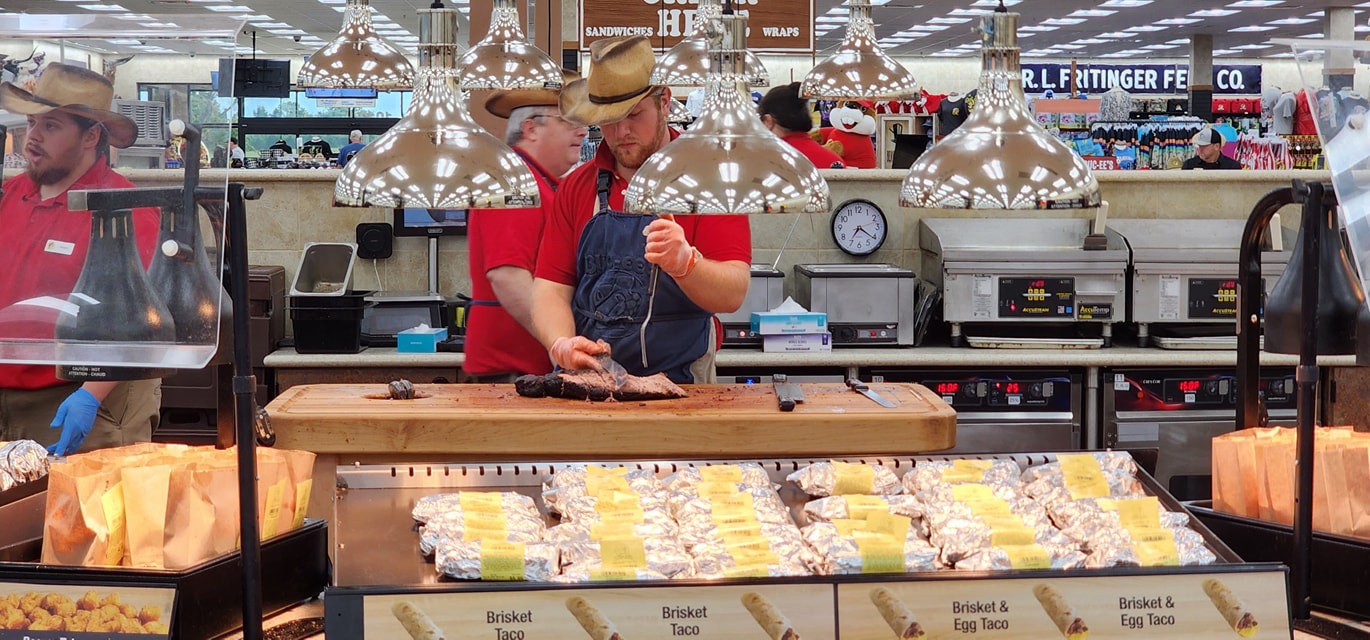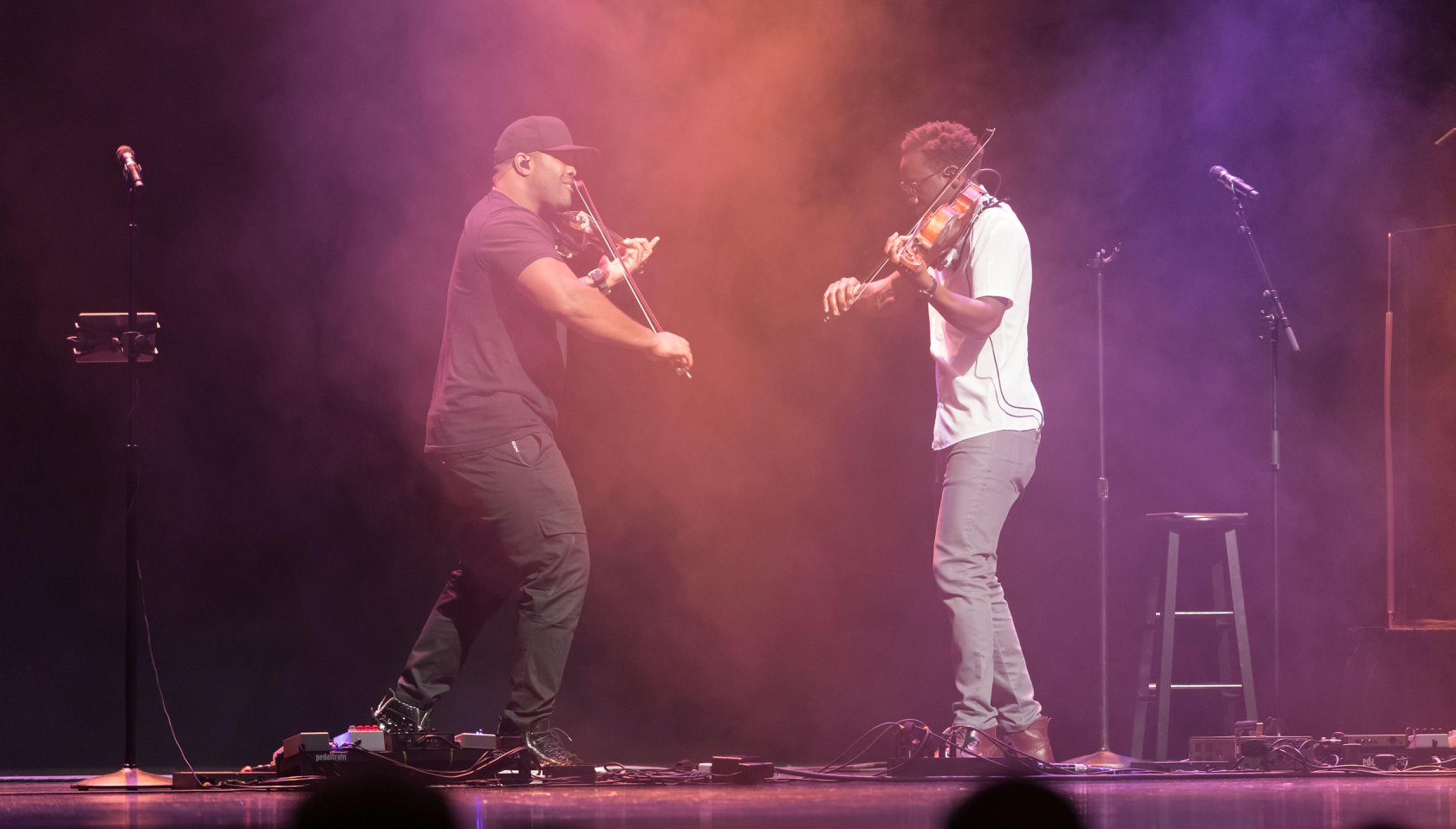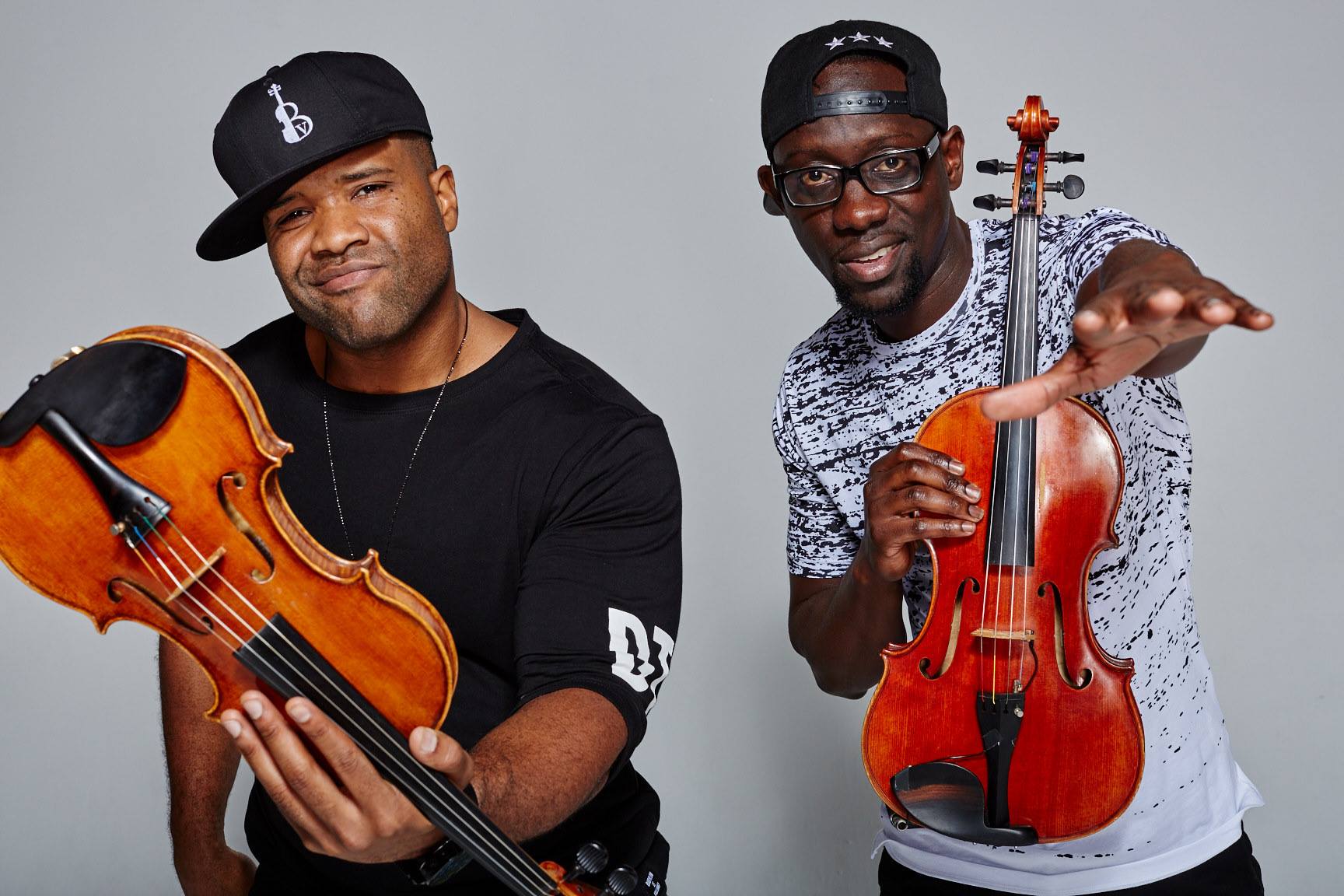Today, genre-defying acts dominate the music industry, and artists move between styles with a level of comfort rarely — if ever — observed before. Few of these musical shapeshifters are as original and as captivating as string instrumentalists Kev Marcus and Wil B, who fuse hip-hop and classical music together as the band, Black Violin. Though the duo has known each other for four decades and has played professionally for three, their momentum continues to increase — especially in the wake of their action-packed fall of 2019. In that season, they launched the Black Violin Foundation, which invests in musical education for low-income youth, and released their third full-length album, Take the Stairs.
On Tuesday, January 14, Black Violin will perform at Denver’s Paramount Theatre for their first concert of 2020 as part of “The Impossible Tour.” Ahead of the event, Marcus, who plays the violin, conversed with 303 Magazine about mixing Cardi B with Mozart, going viral before the YouTube revolution and why live shows are the band’s best feature.
303 Magazine: Congratulations on the release of your newest album, Take the Stairs! You guys have been pretty public about the fact that you took your time to fine-tune this album. Which song took the longest time to complete?
Kev Marcus: Hmmm, good question. I can go with the last song we finished, which is the last song on the album. It’s called “Nimrod.” It was a great bookend for the project, a great closing song for the session, and we ended up putting it last on the album, too, just because it felt good. That song took the longest, but not because it was the hardest. We knew what we were going to do on that song, so we were like, “Alright, we can do it later, later, later” and it kind of became the last one.
303: Which song took the shortest?
KM: “One Step” was the very first song we did on the album. Maybe that or “Impossible is Possible.” It’s funny because those two are like the big, power ballad ones, but I think those songs sort of wrote themselves, and that’s honestly why they’re focus songs. They just really feel good to us, and that’s why they wrote quickly, and that’s why they stand out. Technically, “Impossible is Possible” and “Dreamer” were the first songs we completed because we were messing with those songs for years, and then the other 11 songs we kind of made to fit with those two songs to finish the album. But “One Step” was the first song we went into the studio with, and we like, fully did it — I think we did it in like a day and a half, two days, and then it was done. It came together really quickly. We made that song with producer Phil Beaudreau, and we knew from then on that we wanted him to produce the whole album.
303: Both of you grew up listening to hip-hop in-between orchestra classes in high school. What are some of the similarities between hip-hop and classical music that aren’t as obvious to people who don’t have backgrounds in each?
KM: Well, to be technical, most hip-hop and most music are derived from classical music, so, you know, they’re related. There are a lot of similarities. Most classical music is in 4/4 time, and hip-hop does that. But they’re also different, too, in some ways, particularly in the way that the artist expresses themself. I think as far as expression is concerned, that’s where the greatest difference lies. Hip-hop is sort of about being free in your art, whereas classical — especially 300 to 400 years ago — was very rigid. As far as similarities go, the tempo is very similar in certain songs, as are the key signatures and stuff like that. They share a lot. Hip-hop borrows a ton from classical music.
303: In an older interview with PBS, you talked about bringing the hip-hop mindset to classical music.
Marcus: Yeah, that’s what works for us! [Laughs.] Especially for our live shows. I’m a rapper, Wil B’s a singer, but we play violins. So, when we’re on the stage, we move like a rapper or a singer while playing the violin, and I think it’s a big part of why we’re successful. The same goes for the studio. We’re trying to make the violin lead, and we’re using hip-hop and pop sensibilities to tackle the music itself. We try to make the violin either rap or sing parts and lead the song. Our sort of secret sauce is implementing the hip-hop/pop culture into extremely classical music and using classical instruments to do so.
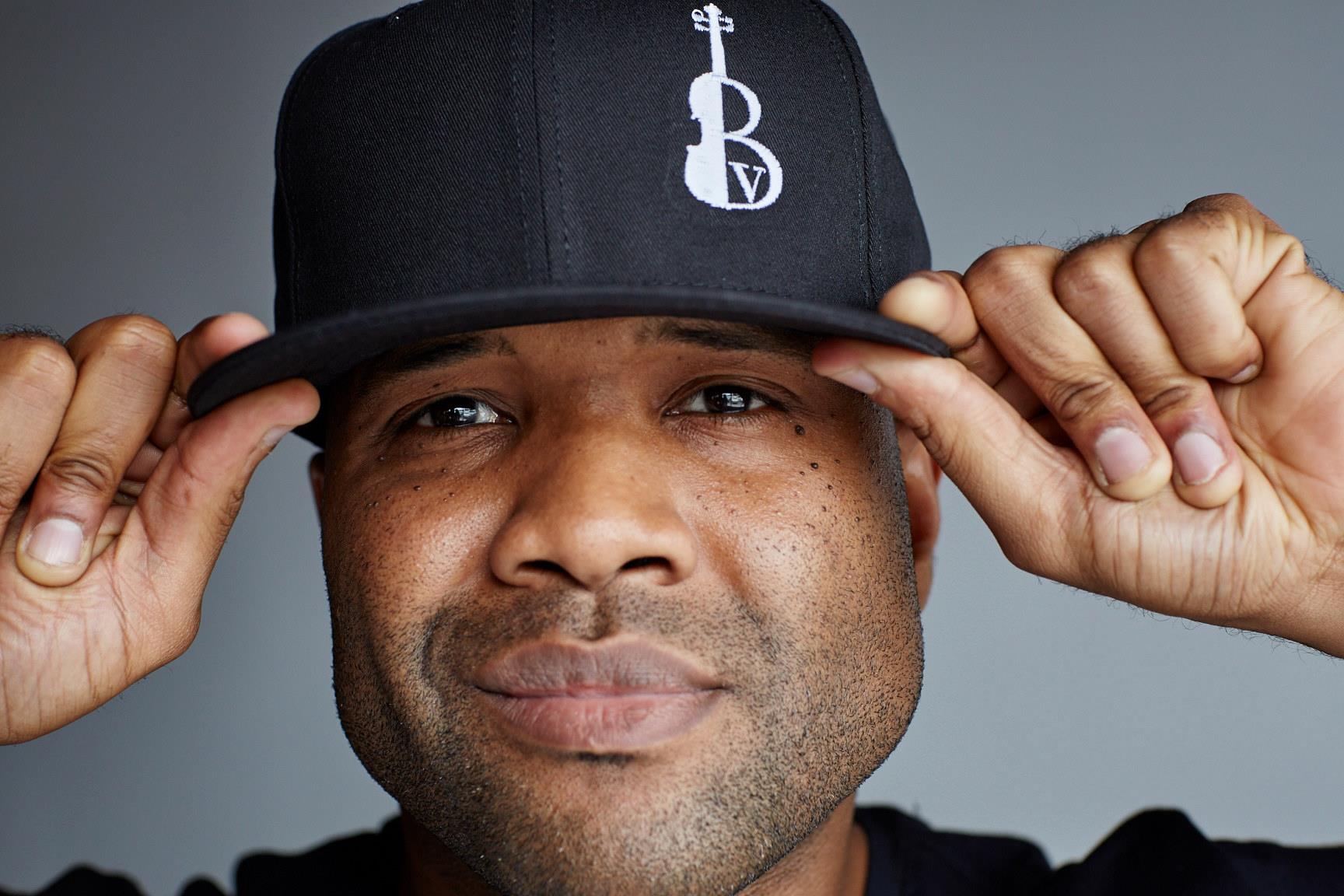
303: Do you think popular culture’s relationship to the violin — and to string instruments in general — has changed since the beginning of your career 16 years ago?
KM: I think that the way the violin is viewed is different now in 2020 than it was in 2000 when I graduated high school. People are aware that you can do cool things with it, whereas when I was in high school, it was just this super classical, super-elite, kind of boring type of thing. Now, people see it more often. I think where we’re part of that revolution and I’m super thankful. Every time I go to a Facebook feed and see someone playing some Maroon 5 on violin or whatever, I’m like, “Ahh!” It’s cool to be part of something like that, and I think it’s only going to keep evolving and keep morphing into something else because people are doing cooler and cooler things with it and we’re giving more and more exposure to the people who do. I think it’s awesome.
303: It kind of makes me think of the role of YouTube and mashup culture, where you have people remixing or covering a popular song on their instrument of choice.
KM: Yeah, and when we started there was no YouTube, so it was hard for us, in the beginning, to try and get Black Violin out there. Our Myspace page did okay, but it wasn’t YouTube. [Laughs.] It’s funny because I feel like in some ways, we missed that revolution, and because YouTube wasn’t really available for us, we went on tour. We kind of grew up in a different generation where, for us, it’s always been about the show. We know that when you come to see the show, you will never forget it, and next time we come to town, you gotta bring five other people. That’s always been our bread and butter, and that’s the thing that I feel is our best feature, more so than our music or our YouTube or our videos.
303: How would you describe a Black Violin concert?
KM: It’s very, very high-energy. It’s definitely something that people don’t expect. I play the violin, Wil plays viola, he also sings, and we’re backed up by a DJ and a drummer. Think about what that sounds like! [Laughs.] It’s hard to imagine what it’s going to be, and I think that’s the beauty of it and that’s why it works, you know? We’re doing something completely against the grain, something really different. Whether you’re nine or 90 it doesn’t matter — white, black, purple, green, doesn’t matter. Everybody shows up. Anyone that likes the violin or that likes popular music seems to show up.
It’s also sort of an opportunity to be entertained but educated and inspired at the same time. Of course, there’s definitely violins doing acrobatics, and loud beats and an incredible light show, but at the same time, there’s a message of thinking differently and doing the impossible. And ultimately of chasing your dreams and finding your passion and doing it no matter what anyone says. That’s basically what we did, you know? Like, when we were starting in 2000 in south Florida, we’d go to these clubs in Miami, and our manager would be like, “Hey, we got these two black guys, they play the violin, you gotta see ‘em, they’re gonna kill the club tonight.” And they’d just laugh us out the door. They were like, “What are you talking about? This is South Beach. You’re talking about violins coming in here?” We’ve always had to prove ourselves. People were always telling us, “No, this is not going to work today, sorry, we don’t have space for you, no, we can’t put you on this.” We’ve always had that, and I think it’s because we never believed any of it that we’re able to have the careers that we have. So, it’s important to us to always think outside the box and always push no matter what anyone tells you, and I think we’re able to give that message during the show without necessarily being preachy. It just kind of comes through the music and through the messaging that we’ve carefully placed throughout.
So, if you’re the kind of person who, if I ask you, “What kind of music do you like?” and you’d say, “Oh, I listen to a little bit of everything,” we’re the best show in the world for you. We play a little bit of everything, but all music from a violin’s perspective. We’ll mix Cardi B and Mozart. We’ll mix really cool, different stuff so two separate people from two different walks of life could enjoy the show in two different ways.
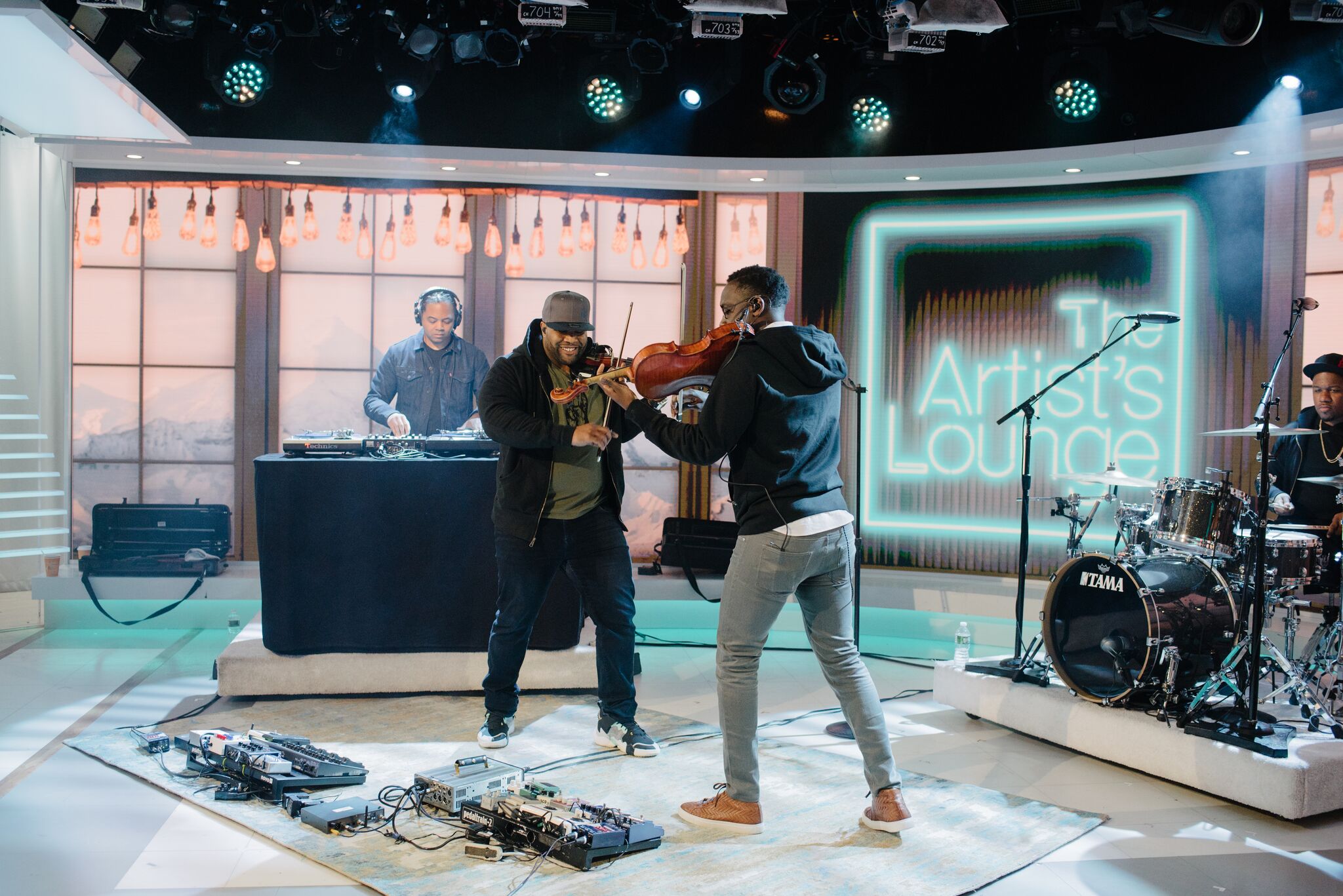
303: You guys play around 200 concerts a year. That’s a pretty demanding schedule. Why is performing live and on the road such a central aspect of Black Violin?
KM: It’s who we are. I love the music that we make, and I love the videos that we make, but the show is what we are. People are different — for some artists, it’s all about that album, you hear that album and it just transforms you. You go see the show and they perform the album for you and it’s really good. But for us, everything we do — like, we’re in a studio right now working on our next project which is a holiday album — and every note that we play is about, like, “Well, how can we play this live?” Because that’s what we are. The show has always been our thing and that’s what gives us worth. That’s why we stick it out on the road and play a couple hundred shows. Hopefully not 200 this year. [Laughs.] It looks like it’s going to be a little under — probably like 160? Which I’d be completely fine with. I’m getting older and the shows are taking a toll, but I just — we just love it. And you never know when someone isn’t going to want you to come to Denver, or to some other city. We take it when it comes, and we’re thankful and blessed that we have these opportunities to gain fans and play music.
303: What was one of the biggest moments of the last decade for Black Violin?
KM: In 2011, we performed for troops in Iraq. It was an amazing opportunity and I’ll never forget that. We also played for President Obama’s second inauguration. That was phenomenal. We got to meet him and shake his hand the day he took the oath of office in front of the world. It was incredible to perform for him and for the First Lady, Michelle Obama, and Sasha and Malia and everybody. It’s really hard to top that, and I honestly don’t believe that I have been nervous about anything since. It’s one of those moments where it’s sort of like, “Oh, what else is there after this?” And we had two albums come out this decade. Both went number one on Classical charts. One of them, Stereotypes, was with Universal Music Group, and the last album, Take the Stairs, was independent, so that one feels even better. We went on tour with 2Cellos in Europe around 2016. It was super cool to be able to rock with them and gain some fans, and just to be in Europe and do what we do. Yeah, that’s it. I didn’t have any kids last decade, thankfully. [Laughs.] I had all my kids a decade before, so that’s pretty much my highlights.
303: What do you hope the next decade will bring for Black Violin?
KM: We always just want to gain more fans and have more people to perform for and to inspire and to be able to call family. So, that’s a big part of it — just expanding our brand. Try to push the envelope and do things that people aren’t expecting. We’d love to become more global. I think that we do really well in the United States, and I feel like I’ve performed in every corner — every corner of even Colorado. I’ve been to every city of note in every state, you know? But I’ve never been to South America, ever. We’ve done most of Asia, most of Europe, been to Australia a few times, but in general, I think that we want our brand and our band to be more global. That would be great if we could somehow pull that off, so that’s the big goal for the next decade for us.

